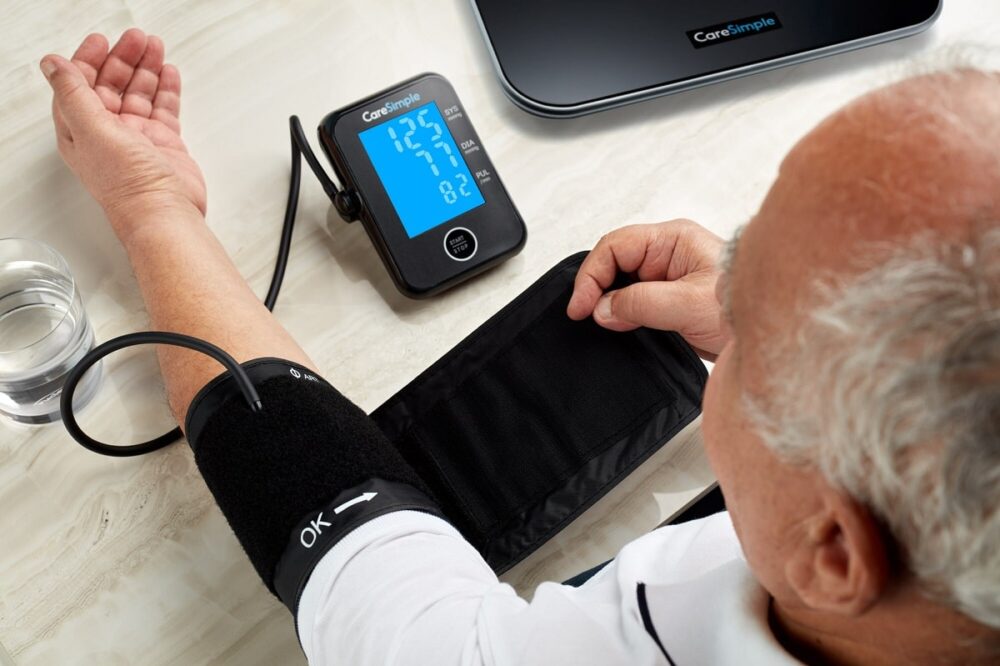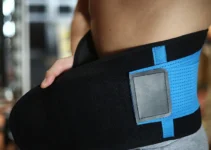Patient’s inability to take their prescribed medication can lead to precarious health conditions resulting from the progression of symptoms. The cost of readmission into a hospital because of medication non-adherence is a common problem that is folding into a healthcare crisis. With every patient who gets admitted to the hospital because of the recurrence of an episode, the ancillary costs associated with healthcare will increase making affordable care a distant dream for many. Check details listed in Health Recovery Solutions for a clear grasp.
Nearly one out of four Americans resort to their prescription by either cutting pills or delaying their prescription refill. The common reason is the inability to afford the medication. However, what they fail to comprehend is that these methods may save money in the short-term but in the long run, their clinical complexities will worsen, and then it will be far more expensive both in terms of wealth and health factors. A stitch in time saves nine; this is an apt adage in this regard. If a patient does not consider the options to reduce discretionary expenses and spend necessities such as medicine refill, then they will be progressing their symptoms over the time.
Medication non-adherence: Common reasons
Most patients who fall in the category where there is wilful medication non-compliance may be shortsighted about how much they can afford for a prescription. There should be a guided approach to nix expenses where it can be done and take help through community charities to help them get through difficult times. Patient’s should see if they can sit with a community counselor or financial planner who can help them budget prudently. A professional financial planner will advise them on expenses that can be curbed. They will prioritize needs over wants and help them gain more confidence to manage their prescription refills.
However, more reasons are beyond the monetary aspect alone. Here are a few common reasons why patients fail to take their medication:
-
Forgetfulness

Source: blog.cureatr.com
Patients who are aged will find it difficult to stick to their medication schedule and forget to take all the tablets regularly. This is a simple problem with an even simpler solution. A family member or caregiver can set an alarm schedule with an organizer to help them remind them about their medication.
Patient’s can use the help of digital tools in their smartphones and set-up reminder alerts that will prompt them to take their medication in time. Patients who are not mobile savvy can maintain patient diaries in physical format. They can strike off the medication tab that they have taken to indicate their adherence.
-
Anxiety and misunderstanding
Treatment plans may change and often there will be new prescriptions when the old was not as effective as intended. In such circumstances, patients are anxious and skip their medicines. Patients also skip their medicines when they don’t understand why they are taking a particular drug and what is the importance of taking it at a particular time. This condition can easily be override through active counseling by telehealth experts and nurse managers. Positive reinforcements will help patients grasp the need to comply with their medicine routine as per the prescription, so that the treatment plan is successful.
-
Side-effects
Often there are adverse side effects that can act as put-off for most patients. Owing to complex reactions, patients tend to skip their medication. In this case, it is natural and even acceptable to stop the medicine after consulting with the physician. Often side-effects of a drug can be a drug-drug interaction. A physician will review the situation and fix it accordingly. Despite side-effects, a patient should not completely abandon all medicines. After due consultation with the doctor, there will be changes to the prescription. Doctor will observe the side-effects and be able to assess the problem and if necessary run some more tests.
-
No symptoms

Source: allazohealth.com
Often patients who are convalescing often stop taking their medicines because they did not observe any of the symptoms of their ailments lately. This is a wrong approach that can lead to the reversal of health from recovery mode to worse conditions within a matter of a few days. Often no symptoms can mean initial stages of recovery or goid response to the treatment plan. But discontinuing the prescription will make matters worse for the patients. A nurse manager or practitioner can reiterate the importance of sticking to the prescription schedule with the doctors.
-
Mental health
A patient’s mental health is a crucial factor for their overall health and approach toward their medical condition. Most patients suffering from ancillary diseases such as depression can go unnoticed when they stop their medication. Only when the problem reaches an unmanageable stage, it may come to the surface that the patient has been avoiding medication.
Solutions for medication non-adherence
-
Use technology

Source: caresimple.com
The current age of healthcare has progressed in terms of virtual medium which is not just restricted to video calling but involves a complete effective telehealth consultation and round-the-clock review of vital signs through RPM devices. Telehealth and remote patient monitoring are two facets of technology that will help keep an eye on a patient’s treatment plan and report any anomalies on a real-time basis. Healthcare facilities are increasing the scope of their telehealth and RPM programs for most patients who are identified as eligible.
-
Education
Patient counseling will help them realize the importance of taking their medication regularly and their effective engagement can result in improved outcomes. When the overall readmissions are reduced, patients’ experience concerning safety and standards of care offered by a clinic or a hospital improves drastically.
-
Surroundings

Source: healthcatalyst.com
When people surrounding the patient are aware of the bottlenecks that one has to face to resuscitate a patient, they can appreciate the efforts put in both by the patient and the clinical staff. It will motivate the family members to carry a positive approach with the patient.
Conclusion:
Medication non-compliance is a problem that needs to be addressed from the initial stages of the treatment as a preemptive solution for its total effectiveness.




